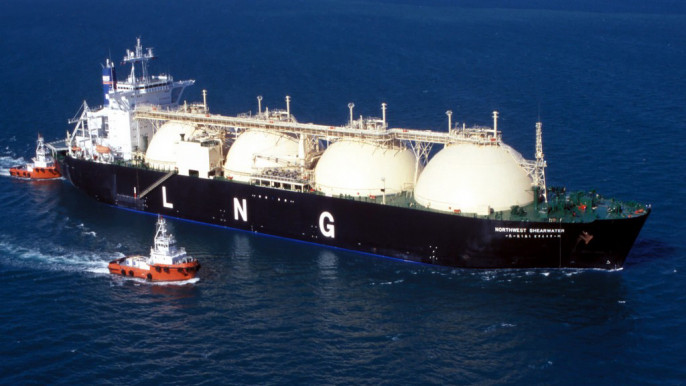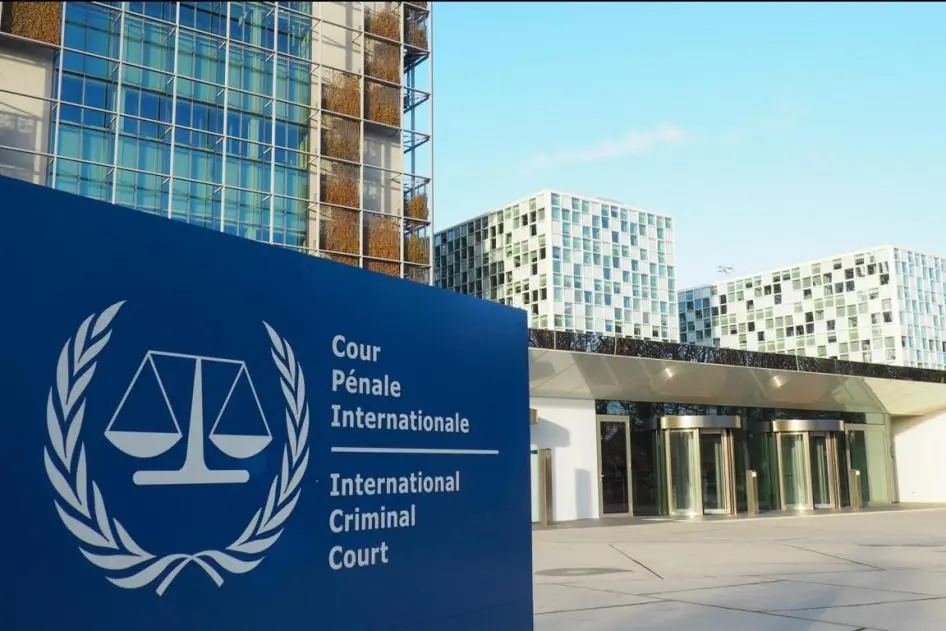German Chancellor Olaf Scholz will be in the country today, concluding a GCC tour, to sign agreements for the delivery of LNG and hydrogen.
TotalEnergies SE is investing approximately $1.5 billion in the country’s most recent, major natural gas development, just three months after investing in one of Qatar’s expansion projects.
Qatar’s Energy Minister Saad Al-Kaabi announced on Saturday that the French energy giant will own 9.375% of North Field South. The undertaking will increase Qatar’s capacity for liquefied natural gas to 126 million tonnes.
According to Al-Kaabi, the country will own the remaining 75% of the project while Total and other foreign oil firms will each invest 25%. In the next weeks, other investments are expected to be disclosed.
Amid a boom in gas demand around the world, Qatar is increasing its capacity for liquefaction and gas production. Before Russia’s invasion of Ukraine in February, supplies were already scarce, which caused prices to soar.
At the signing ceremony in Qatar, Chairman and Chief Executive Officer Patrick Pouyanne revealed that TotalEnergies will invest roughly $1.5 billion in the new project.
“We are not overexposed to Qatar, and if Saad had offered a little more, we would have taken a little more,” he said.
In June, TotalEnergies became the first international business to acquire a share in North Field East, another Qatari project. It holds 6.25% of the $29 billion project, which will produce 33 million tonnes annually. According to Pouyanne, Total contributed around $2 billion to that phase.
Both projects will take several years to complete, leaving fuel scarce firms in Europe scrambling for supplies while the expansion plans is expected to enable Qatar to meet the rising worldwide demand for LNG.
The first shipments from North Field East are scheduled to depart Qatar towards the end of 2025 or the beginning of 2026, while in the beginning of 2027, North Field South is expected to start sending out supplies.
German bids
Meanwhile, German Chancellor Olaf Scholz is expected in Qatar on Sunday to conclude a GCC tour and sign agreements for the delivery of LNG and hydrogen.
Al-Kaabi reported that discussions with German energy firms Uniper SE and RWE AG are still underway.
The negotiations between Germany and Qatar have been stymied by disagreements over crucial terms, such as contract length and pricing, but according to unnamed industry sources, the parties are soon expected to negotiate a “compromise.”
By as early as mid-2024, the largest economy in Europe intends to completely replace all imports of Russian energy.
Despite the fact that Germany benefits greatly from supply deals with Qatar, they do not immediately address Berlin’s energy crisis because the vast North Field Expansion plan is not expected to be operational until 2026, according to Reuters.
Negotiations broke down in May because Berlin refused to sign agreements that would last at least 20 years and preferred to tie costs to Dutch benchmark gas prices rather than to oil prices, the report added.
However, the discussions currently underway, according to one source, are “more fruitful” than they were a few months ago. Another source forecasted that the utilities would agree to 15-year contracts with the Gulf nation. A deal might be reached in a matter of weeks, according to a third source.
Currently, the two utilities already bought LNG on the spot market from Qatar.
According to Bloomberg, the 2016 agreement between RWE and Qatar for up to 1.1 million tonnes of LNG yearly is scheduled to expire next year.







